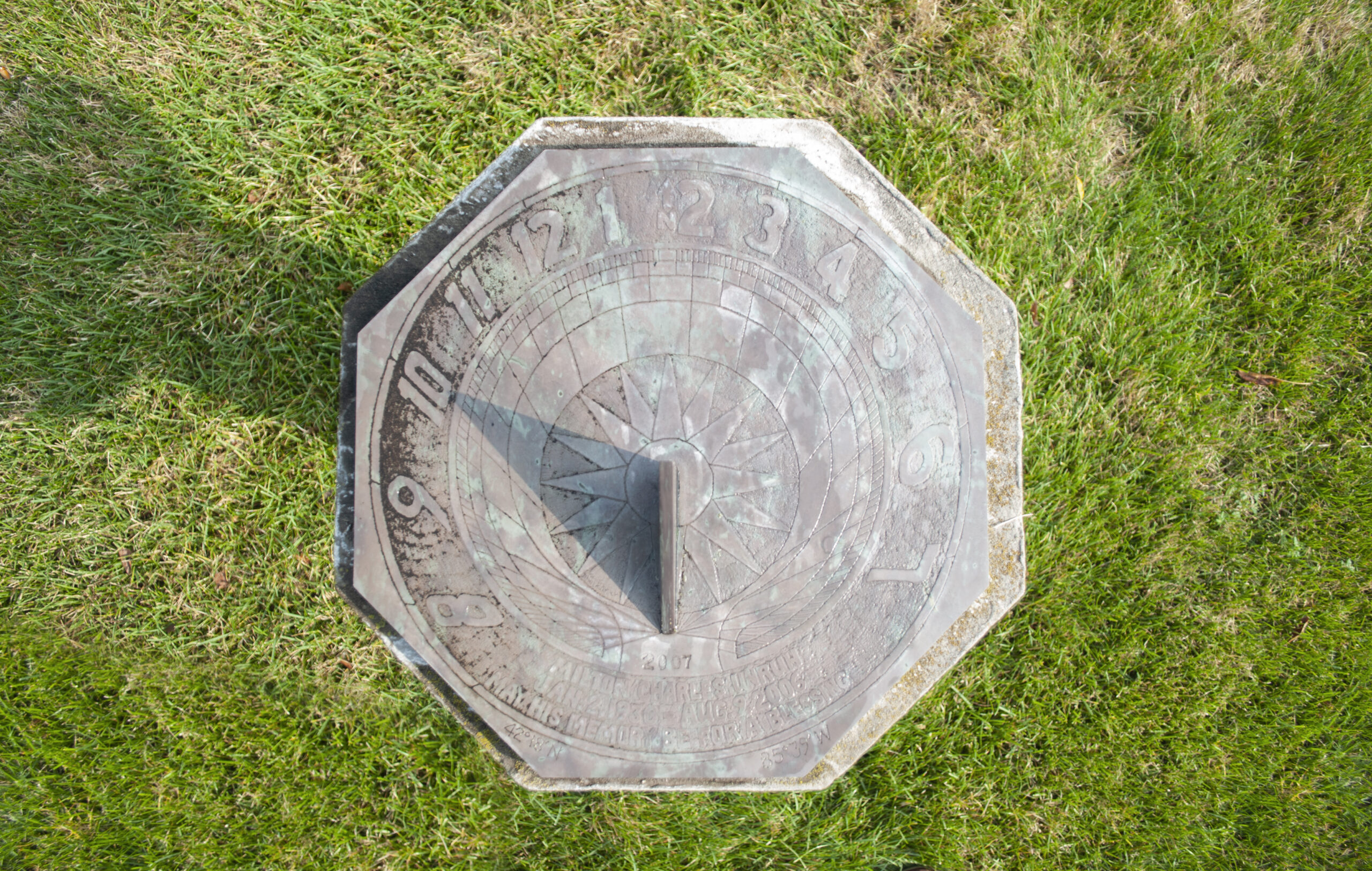Hospice is not “where you go to die”
When I first heard the word “hospice,” it was in the name of a care facility near where I was living at the time. I never went inside, so I assumed the building was basically something like a hospital, where patients stayed for just a few days, connected to life-saving machines.
Maybe a nurse stopped in for a moment to check on their condition, and someone provided food, but otherwise patients were on their own.
In short, I had the same idea of hospice care that a lot of people do: that it’s where people are forgotten and “where people go to die.”
A focus on people
After seeing the variety of services available from Centrica Care Navigators, though, it was clear right away that hospice is focused on people throughout their end-of-life experience — not leaving them behind, but instead making their time in care as fulfilling as possible.
Hospice is focused on people — not leaving them behind, but instead making their time in care as fulfilling as possible.
Yes, they receive medical treatment appropriate for their illness and condition, but they also have the opportunity to connect with family, talk about their religious beliefs, do the things they enjoy, and so much more.
Still, the myth that hospice is just another word for death is a common one. An older person who needs a lot of medical, social, emotional, and other kinds of support could easily be “forgotten.” That’s why we’re part of every patient’s life, and the lives of their caregivers, from the day they begin receiving support from us.
Patients and caregivers
When a new patient’s Centrica Hospice Care team meets with their patient, they develop a plan of care. It’s a timeline of what’s necessary and valuable for the patient’s daily well-being, from visits with registered nurses to appointments with a chaplain, music therapist, or friendly volunteer. Their goal is to keep the patient active and engaged in life, participating when and where they can.
The care team meets with the patient’s caregiver too, who is often a spouse or child, or could be a close friend. The team walks through providing care — the signs to look to make sure the patient is OK, techniques to use to help the patient feel comfortable — and also help explain what happens during the end of life.
Many people use that opportunity to concentrate on what is most important to them: family, religion, making connections with long-lost siblings to put the past in the past. Others spend the time enjoying the things they have always enjoyed, like their favorite foods and familiar movies.
No one left behind
No matter what a patient decides to do with their time, no one is left behind simply to wait out their remaining days, weeks, or months. Part of what every Centrica Care Navigators care team does is educate, informing a patient’s caregiver how to best help their loved one, and the team is also often a phone call, email, or text away. So there’s always someone available to support a patient, no matter what they may need.
Centrica Hospice Care is not “where people go to die.” Instead, it’s where they can live the very best they can in the time that remains for them.
You can learn more by exploring our website or calling Centrica Care Navigators at 269.345.0273.




